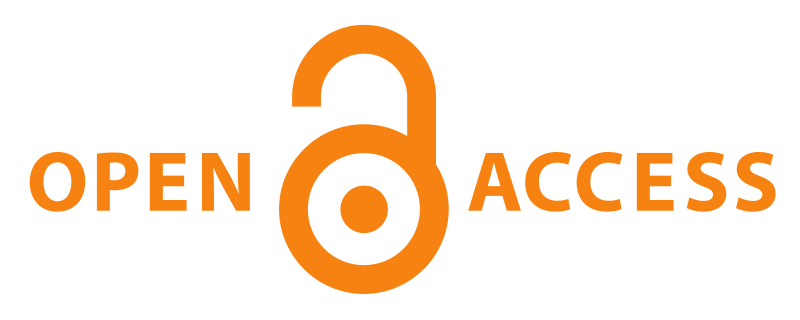The Use of Hydrogen Sulfide Donor in Cardiac Control During Low Doses of Ionizing Radiation (Experimental Study)
Abstract
Aim: To analyze the influence of the hydrogen sulfide donor NaHS on the cardiac control in rats during of low doses of ionizing radiation and characterize the predictors of imbalance in autonomic nervous system activities.
Methods: Adult male rats were treated once with NaHS 7,4 mg/kg, i.p. or vehicle (saline) without and with exposure total body radiation (TBR). Heart rate variability (HRV) was recorded in rats after 30 min with NaHS pre-treatment, 24 h of TBR exposure and NaHS and TBR combination.
Results: HRV analysis revealed that low doses of radiation causes cardiac autonomic dysfunction. TBR rats had signs of activation sympathetic nervous system, while NaHS-treated rats had shown mobilization of all parts of regulatory systems with predominant activation of the parasympathetic nervous system (PSNS). Taking together, this results indicate, that NaHS involves in cardiac control and decreases sensitivity to low doses of radiation.
Conclusions: The gaseous messenger H2S under conditions of radiation modulates of adaptive processes, acting as a regulator for imbalance of autonomic nervous system and may serve as a novel cardioprotective agent for ANS imbalance.
Key words: Hydrogen sulfide (H2S), low doses radiation (LDR), autonomic nervous system (ANS), cardiovascular system, heart rate variability (HRV), hydrogen sulfide donor (NaHS).




